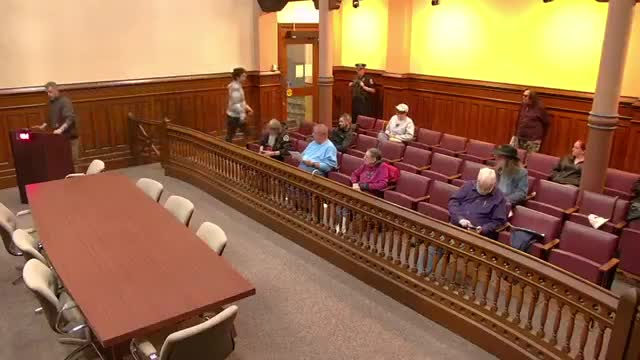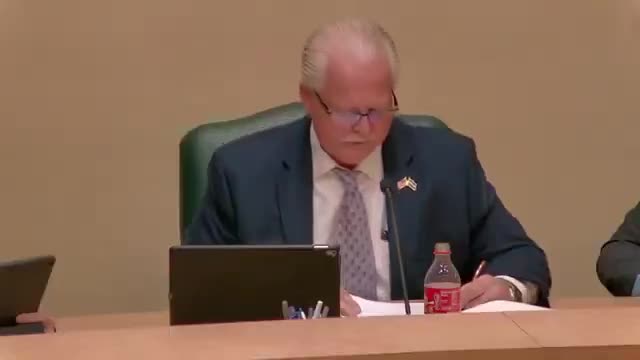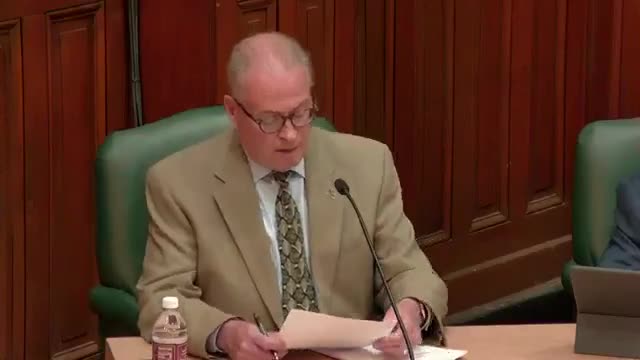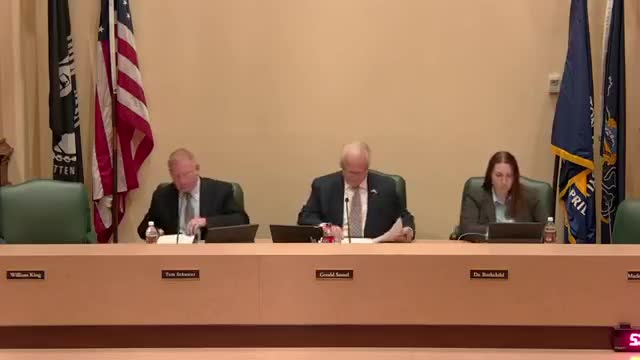Article not found
This article is no longer available. But don't worry—we've gathered other articles that discuss the same topic.

Resident urges Scranton to investigate alleged underground water erosion near Robinson Park

Scranton council approves multiple grant applications and project authorizations for streetscape, stormwater and parks

Council introduces resolution opposing elimination of tax exemption for municipal bonds

Council introduces extension of special counsel contract for delinquent tax collections

